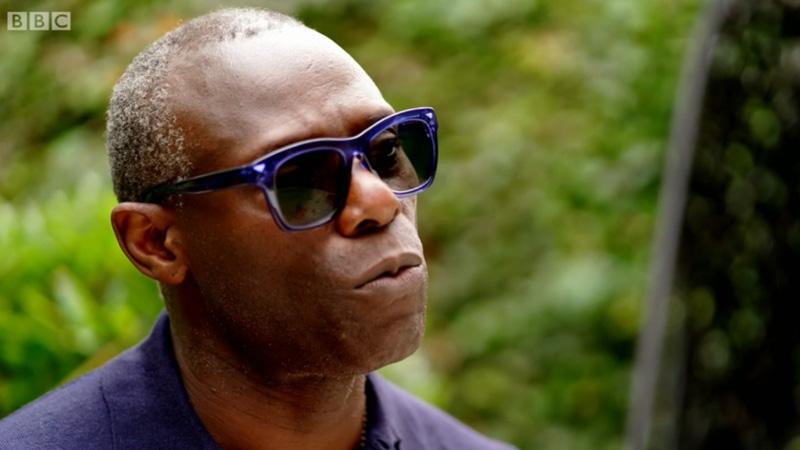Mykaell Riley, Director and Principal Investigator at the Black Music Research Unit at the University of Westminster, was interviewed by BBC Two for their new documentary ‘When Bob Marley Came to Britain’.

The documentary looks back on Marley’s time in Britain and features rare archived footage and interviews discussing how he influenced British politics, culture and identity during a time of social and civil conflict. It also featured interviews with industry professionals who met and worked with Bob Marley in the UK, including Westminster’s Mykaell Riley, who toured with Marley on his first European tour as a member of the 1970s British roots reggae band Steel Pulse.
Filming took place at Mykaell’s home, where he reflected on the links to where he started out in his career and working with Marley on his tour, to his current position in academia as a Senior Lecturer in Music and Director of the Black Music Research Unit.
Looking back on his career, the documentary illustrates how Marley’s universal message of one love and unity helped to inspire a generation of young black British individuals. Mykaell Riley discussed various aspects of Marley’s career in the interview, including receiving investment from Island Records. Mykaell spoke about how this investment transformed his success story, as well as the relationship British people had with Marley and the overall reggae music genre.
He also spoke about how this had a direct influence on white British youth, with the likes of Madness, The Specials and The Police all responding to reggae and the influence of Bob Marley in their own way. He noted how this was the key component in the soundtrack to multiculturalism, which still resonates today.
Talking about taking part in the documentary, Mykaell Riley said: “As a member of 1970s British roots reggae band Steel Pulse, I was fortunate and incredibly privileged to be part of Bob Marley’s first European tour. Meeting my then idol was transformative in my approach to music culture and institutional racism.”
Watch the full documentary on the BBC iPlayer website.

